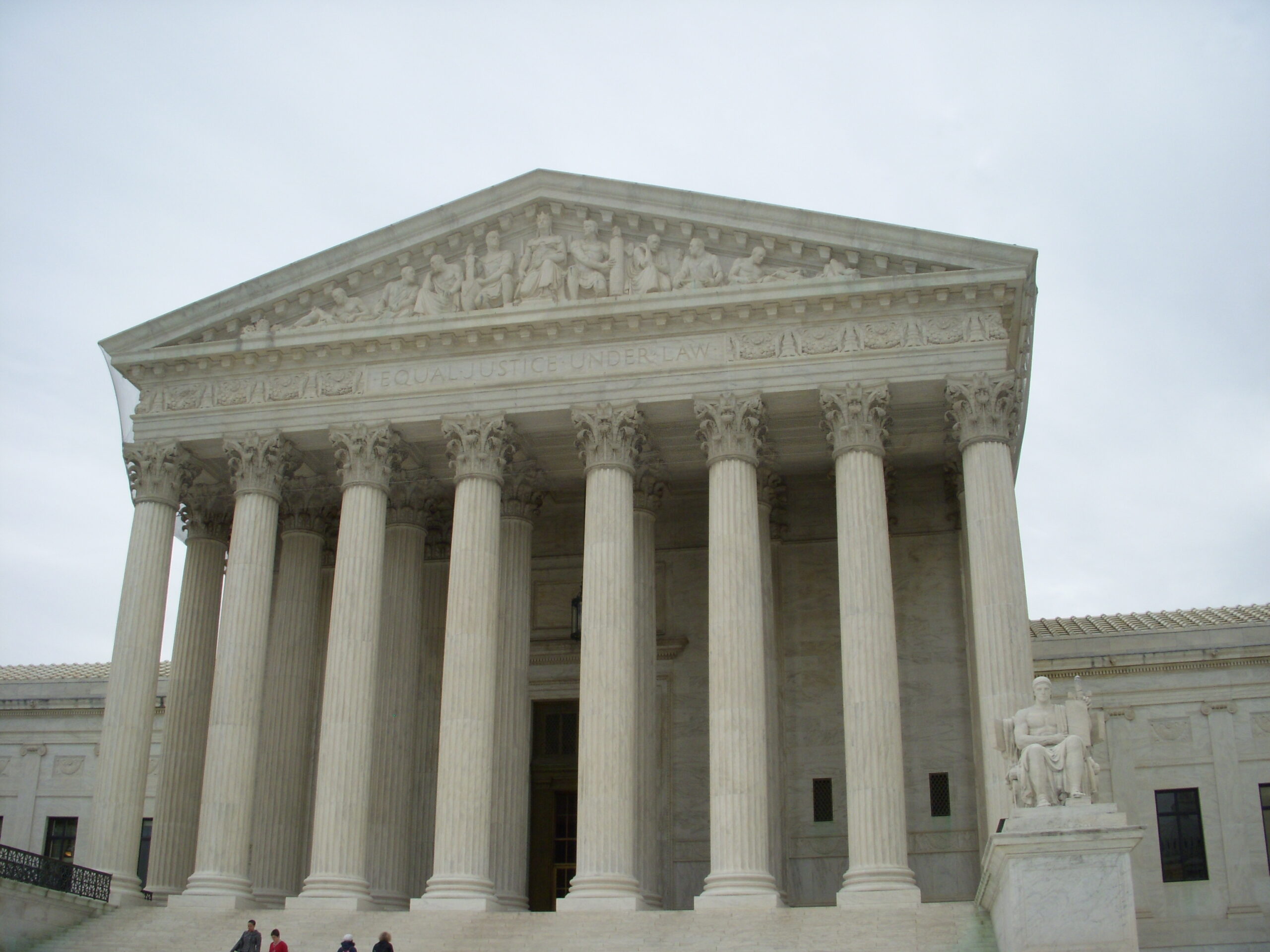Guest Columns
Justices on Both Sides Reject Modern Civil Asset Forfeiture

Civil asset forfeiture may have won the battle, but it will likely lose the war – at least in the Roberts Court.
The latest civil asset forfeiture case
The Supreme Court recently decided Culley v. Marshall, a case challenging the constitutionality of laws that deny owners prompt hearings when their possessions are seized through civil asset forfeiture. Civil asset forfeiture allows the government, usually law enforcement, to seize personal property that they suspect has been used in the commission of a crime. The onus is then on the property owner, even if innocent, to navigate the legal system to retrieve it.
This is the Supreme Court’s first ideological split of the term, with the six Republican-appointed justices in the majority and three Democratic-appointed justices in dissent, but explaining Culley this way misses an underlying consensus: Justices on both sides see constitutional flaws in modern civil asset forfeiture.
In Culley, Halima Culley and Lena Sutton’s cars were seized when they lent them to their son and friend, respectively, who brought drugs into the car. Despite Culley’s and Sutton’s innocence, the two car owners spent their own time and money navigating the system to retrieve their personal property; it took almost two years to regain possession of the cars.
Read between the lines
The Court affirmed this process was constitutional so long as the owner is afforded a timely, final hearing; they need not be afforded a prior hearing to determine whether the government can hold onto their property while awaiting a final determination. This is a blow for innocent victims of civil asset forfeiture – who often go without needed property until they can fight for its return – but there is a silver lining: Justices across the ideological spectrum signaled that modern-day civil asset forfeiture is out of step with the Constitution’s due process guarantee.
Justice Gorsuch signaled that, given the right case, he would curtail the practice. In dissent, Justices Sotomayor, Kagan, and Jackson argued that the Court is preventing the rest of the judiciary from addressing “the myriad abuses of the civil forfeiture system.”
Incentives driving civil asset forfeiture
Civil asset forfeiture indeed has a long history in the United States, which usually indicates that a practice is constitutional. Since the Founding, the government has used civil forfeiture, in the customs context, to seize the goods of ships that evade customs laws. But as Justices Gorsuch and Thomas rightly point out, forfeiture today looks nothing like it did in the early years of our country, and it hasn’t for some time. What was once confined to admiralty and customs skyrocketed when it was expanded to everyday use in the 1980s during the War on Drugs. Today, it remains a key tool for law enforcement and one which generates substantial revenue.
That revenue boost incentivizes forfeiture to the detriment of other law enforcement goals and our civil liberties. In many states and at the federal level, the proceeds from asset forfeiture go to the seizing agency’s budget. In 2018, $2.5 billion was seized through forfeiture, and some jurisdictions rely so heavily on forfeiture revenue that they need to maintain certain levels of the practice for their departments to run properly. Justice Gorsuch speculated that some of the civil liberty abuses inherent in civil forfeiture today are due to “government agencies’ increasing dependence on forfeiture as a source of revenue.”
Dangling carrots before cash-strapped law enforcement agencies is unwise as a policy matter: How can law enforcement focus on combating violent, dangerous crime when they have profit concerns akin to a private corporation?
Rarely are courts today using it in a just cause
Sure, civil forfeiture can and does serve a legitimate purpose. It can be useful to deprive criminals, who cannot be charged because of death or disappearance, of their ill-gotten gains. But it’s rarely used this way: up to 80% of seizures are not followed by a criminal conviction. In other words, it most often involves property from innocent, uncharged, or acquitted individuals. As Justice Sotomayor highlights, “Civil forfeiture is unnecessary where the government pursues criminal forfeiture in an indictment and sustains a conviction.” If the owner is truly guilty, the government can seize the property through criminal forfeiture instead.
During the Founding era, the government was careful to avoid seizing property from the innocent. It was common practice to allow ship owners to claim necessity or accident to defend a violation and have their property returned. It was also common to allow owners to post a bond so they could use the property while awaiting a verdict.
Today, innocent owners go years without their vehicles, cash, and other day-to-day necessities. Justice Sotomayor cited a Massachusetts investigation finding more than 500 incidents of law enforcement holding property for over a decade before instigating a forfeiture hearing.
An originalist wants a case on the merits
The Court addressed a narrow question – the constitutionality of post-seizure hearings – which arguably prevented them from reaching the merits of the practice discussed by justices across the political spectrum. But Justice Gorsuch hopes in the future that the Court will “begin the task of assessing how well the profound changes in civil forfeiture practices we have witnessed in recent decades comport with the Constitution’s enduring guarantee that “[n]o person shall . . . be deprived of life, liberty, or property, without due process of law.”
Congress needs to act to finally curtail this abusive practice that puts financial gain for the government in front of American’s civil liberties. But if not, the Court seems poised to nudge them in that direction.
This article was originally published by RealClearPolitics and made available via RealClearWire.
Jill Jacobson is a 2024-2025 federal law clerk, a visiting fellow at Independent Women’s Law Center (iwlc.org), and a contributor at Young Voices.
-

 Accountability3 days ago
Accountability3 days agoWaste of the Day: Principal Bought Lobster with School Funds
-

 Civilization1 day ago
Civilization1 day agoWhy Europe Shouldn’t Be Upset at Trump’s Venezuelan Actions
-

 Executive2 days ago
Executive2 days agoHow Relaxed COVID-Era Rules Fueled Minnesota’s Biggest Scam
-

 Constitution3 days ago
Constitution3 days agoTrump, Canada, and the Constitutional Problem Beneath the Bridge
-

 Christianity Today1 day ago
Christianity Today1 day agoSurprising Revival: Gen Z Men & Highly Educated Lead Return to Religion
-

 Civilization2 days ago
Civilization2 days agoThe End of Purple States and Competitive Districts
-

 Executive2 days ago
Executive2 days agoWaste of the Day: Can You Hear Me Now?
-

 Civilization5 days ago
Civilization5 days agoThe Conundrum of President Donald J. Trump














